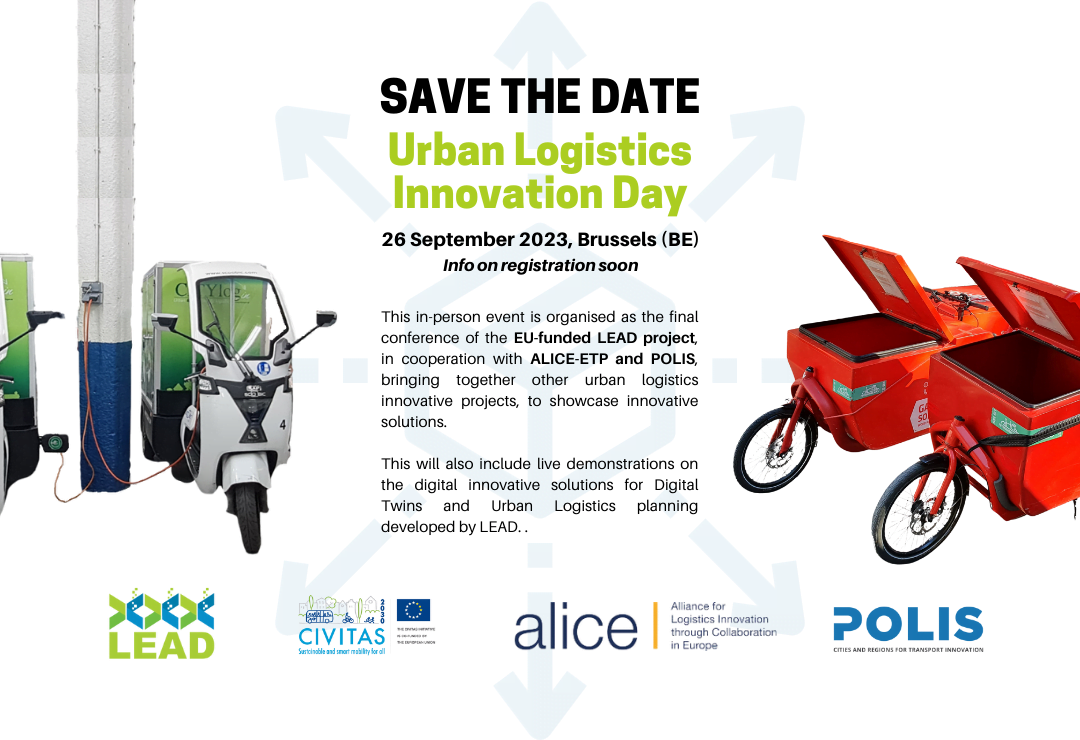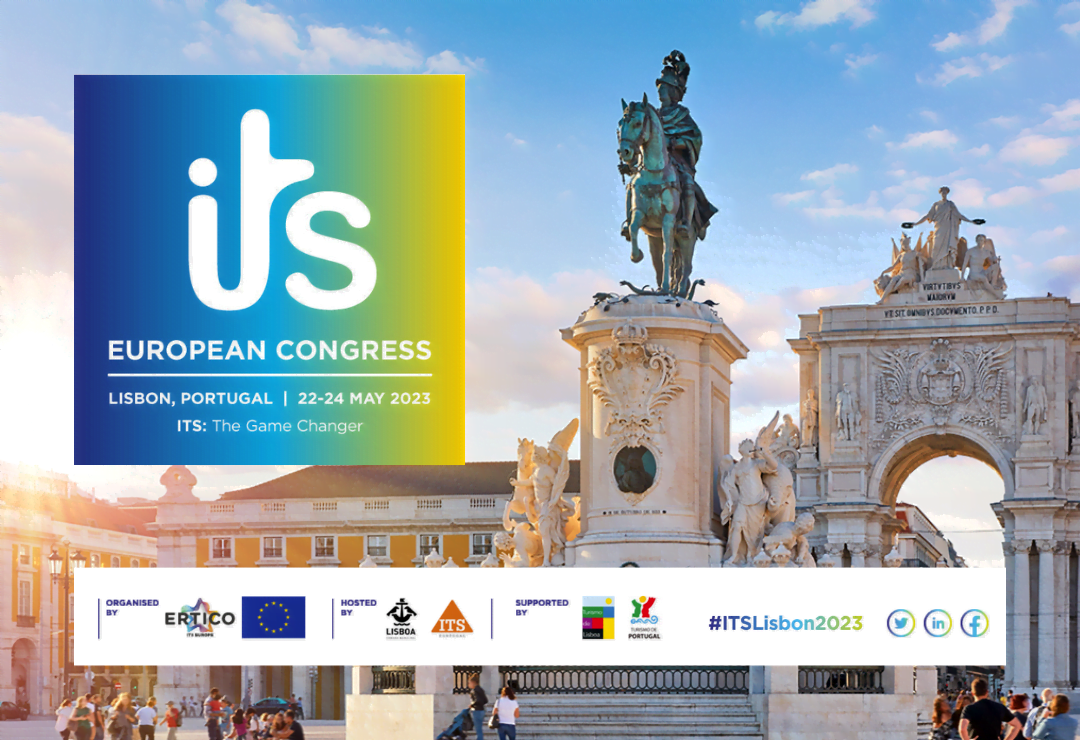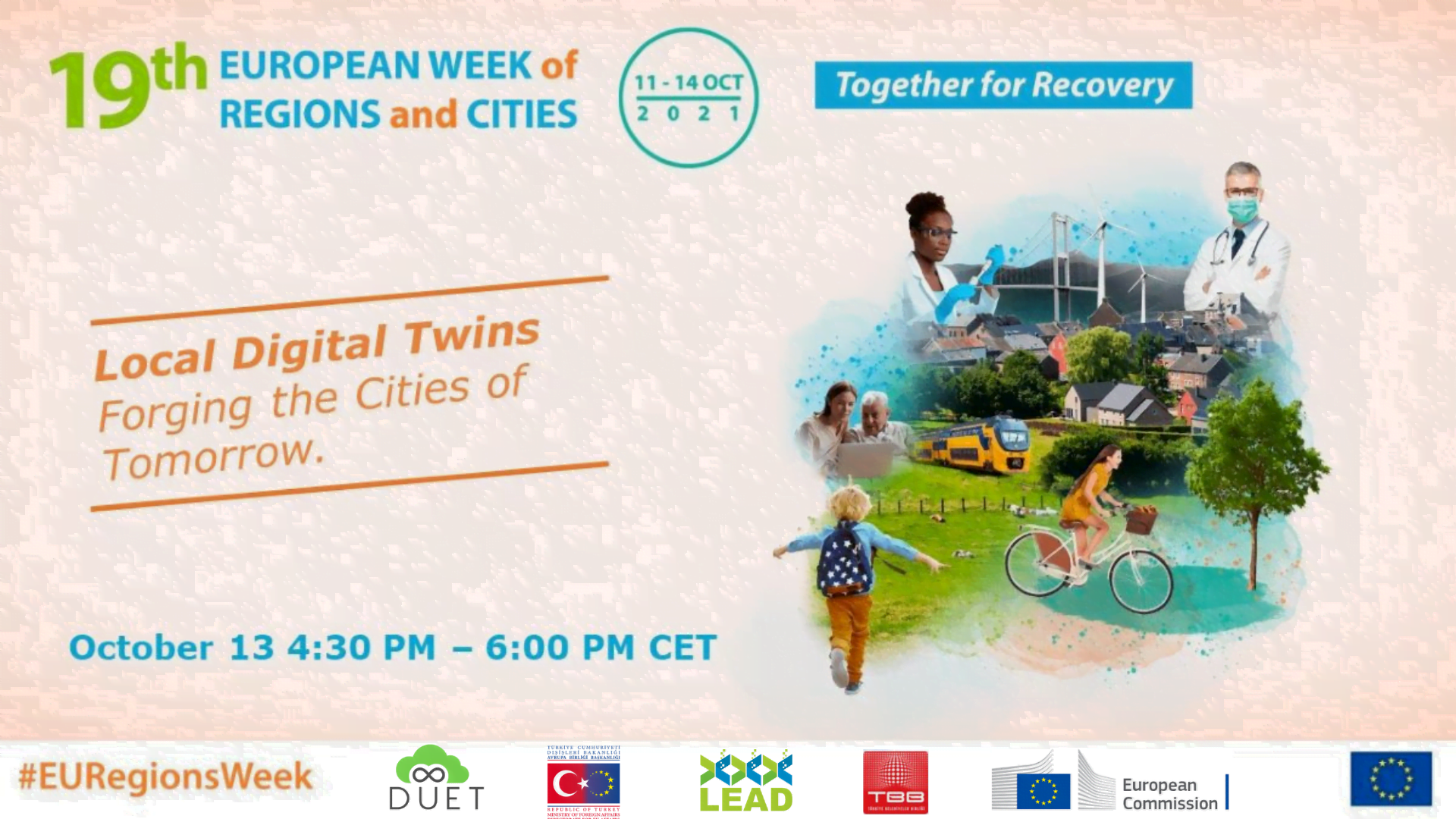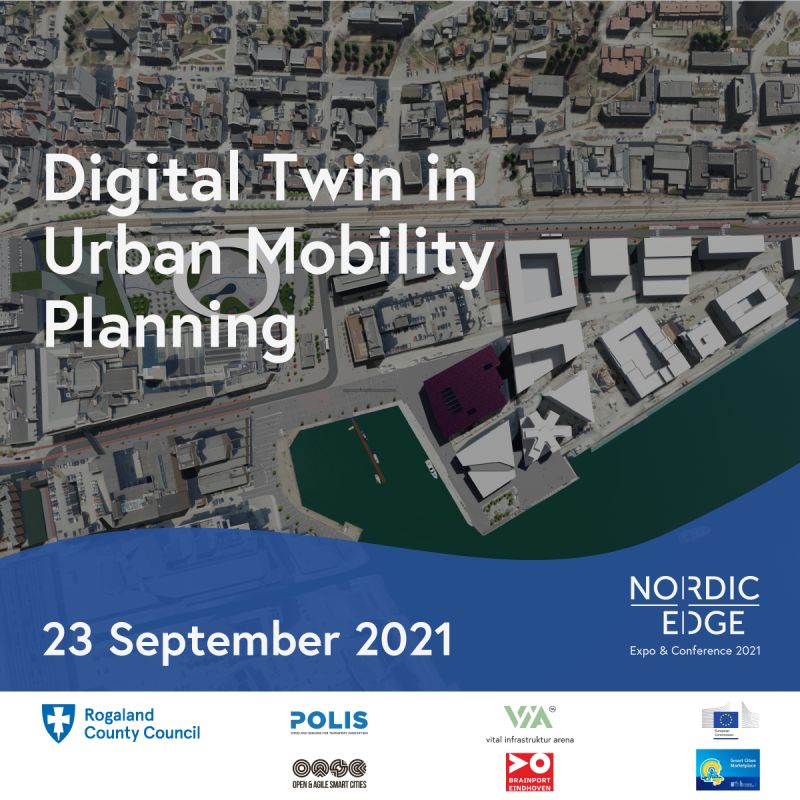Digital Twins & Physical Internet solutions for urban freight
Urban freight logistics involves a wide range of key players, including providers, users, enablers, and legislators, each contributing to the complexity of city logistics network composed of people, goods, vehicles, infrastructures, and terminals that collectively shape the dynamics of urban logistics. The rise of on-demand logistics has introduced new challenges for last-mile delivery systems, making innovative solutions essential.
The Physical Internet (PI) has emerged as a new paradigm that aims to improve the efficiency of freight transport by replicating the efficient handling of data packets on the digital internet. The PI is based on a few agreed-upon standard rules and standardised inter-networking protocols that optimise last-mile deliveries and consolidate system-wide parcel flows.
The PI aims to improve underutilisation of capacity and other inefficiencies by connecting transport networks and goods in the most optimal way from origin to destination. Crucial to this is the concept of synchromodality. That refers to the flexible deployment of different modes of transport in real time. This ensures that a supplier is offered an integrated solution to get goods from point A to point B in an agile way. The PI calls for consistent policies supporting data-sharing ecosystems, encouraging cities to adopt collaborative, data-centric approaches to urban planning.
Recently, Digital Twins (DTs) have received a lot of attention to support advanced experimentation, simulation and decision-making for on-demand logistics operations. DTs are well-perceived as a key driver in the development of PI-based Supply Chain Management.
DTs simulate scenarios and provide real-time analytics to enable precise demand forecasting, efficient inventory management, and proactive decision-making. As such, DTs can create adaptable models and digital replicas that simulate city logistics. They can support public-private programmes by providing insights that help optimise logistics under varying urban conditions.
POLIS involvement
The long-term vision of the EU-funded project LEAD (Horizon 2020 Programme) has been to design an Open Physical Internet (PI)-inspired open source platform for smart urban logistics that incorporates the newly created digital twins experimented in six Living Labs, among which POLIS members Madrid, The Hague, Budapest. The policy recommendations explored the potential of digital twins for data-driven decision making on urban freight and the potential for a development of large-scale city digital twins.
In addition, LEAD delivered a Massive Open Online Course (MOOC) to share its main findings on digital twin’s potential to respond to the severe strain put on last-mile delivery systems by on-demand logistics. The MOOC builds upon the results of the project’s Living Labs and it aims to improve the capabilities and skills of personnel of local authorities and researchers on open-source tools and modelling for digital twins.
EU-funded projects like DISCO and URBANE exemplify POLIS’s commitment to these smart logistics frameworks.
- URBANE implements digital twin tools within its Innovation Transferability Platform, supporting cities in scaling sustainable last-mile solutions. As the leader of the project’s Upscaling and Policy activities, POLIS facilitates the development of digital models that cities can use to simulate and replicate innovative logistics solutions. Barcelona is developing data monitoring tools for the quantification of negative externalities and inefficiencies. Bologna is developing a Digital Twin of the micro-logistics hubs network and implementing micro-logistics hubs as part of its SULP. Karlsruhe is testing Intermodal solutions combining ADVs with rail-based parcels movement. The Centre for Research and Technology Hellas (CERTH) is testing an operation of Hub and Spoke delivery model supported by Digital Twins. Forum Virium Helsinki is testing automated delivery vehicles (ADVs) to reduce the number of routes driven by conventional urban delivery vehicles and testing the micro hub concept. POLIS members and followers cities Aarhus, Antwerp, La Rochelle, Mechelen, Prague, Ravenna are guided to map out URBANE innovations, evaluate their readiness and adoption plans, by making use of the lessons learned from the Living Labs. The URBANE City Platform, launched in December 2023 and coordinated by POLIS, aims to connect local authorities to share best practices and solutions, and offer capacity building and learning opportunities, beyond project-related activities.
- DISCO leverages digital twins to create adaptive, data-driven urban freight solutions across several Living Labs across Europe. By deploying a 'Physical Internet' model that treats city infrastructure as an open, shared network, the project supports data-sharing and connectivity for seamless logistics planning. This approach enables POLIS members such as Aarhus, Barcelona and Ghent to model logistics needs dynamically, promoting greener, more efficient last-mile networks. POLIS associated members from the research and university sector, such as Breda University, Centre for Research and Technology Hellas (CERTH), Forum Virium Helsinki, IMEC.









